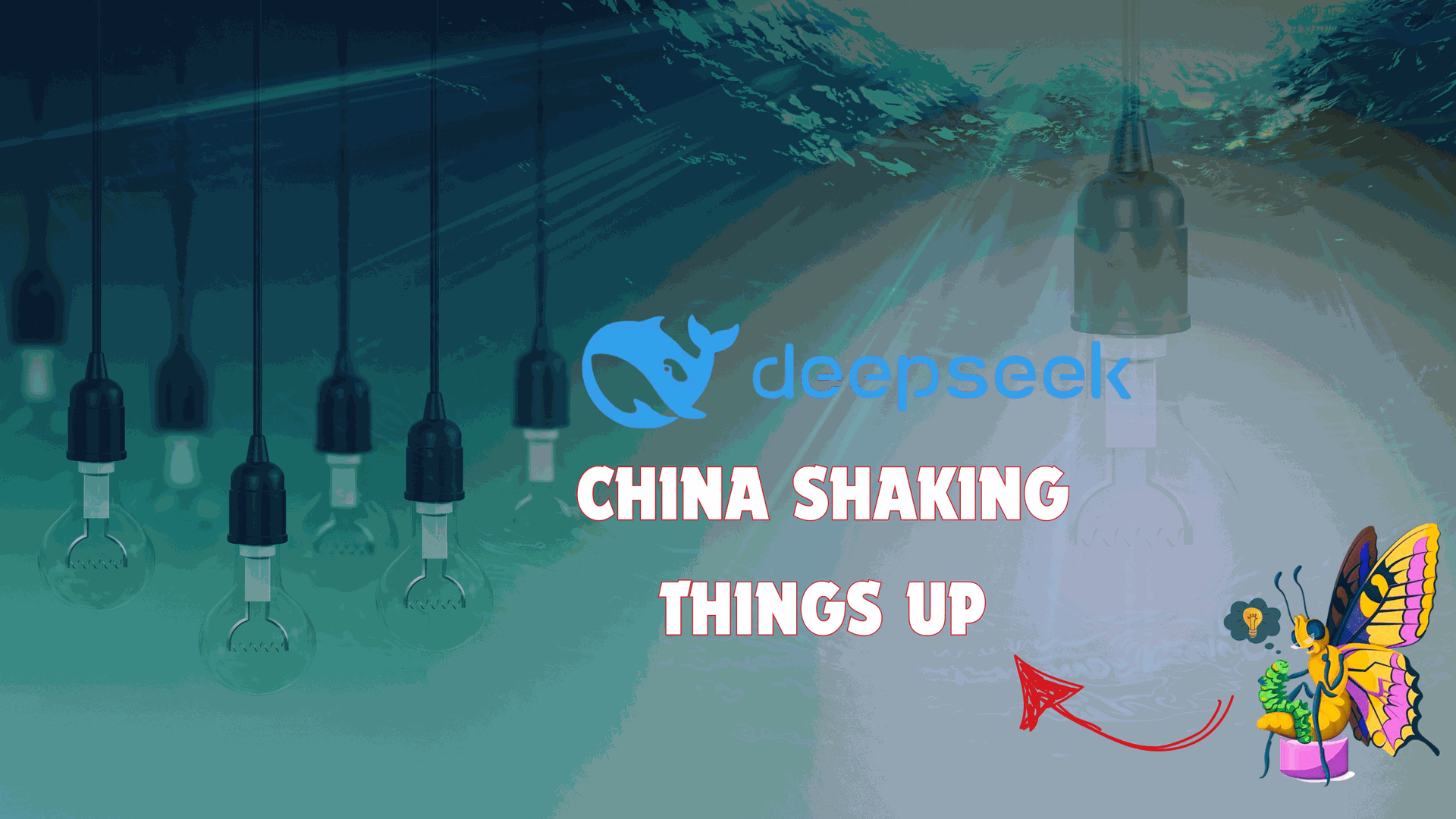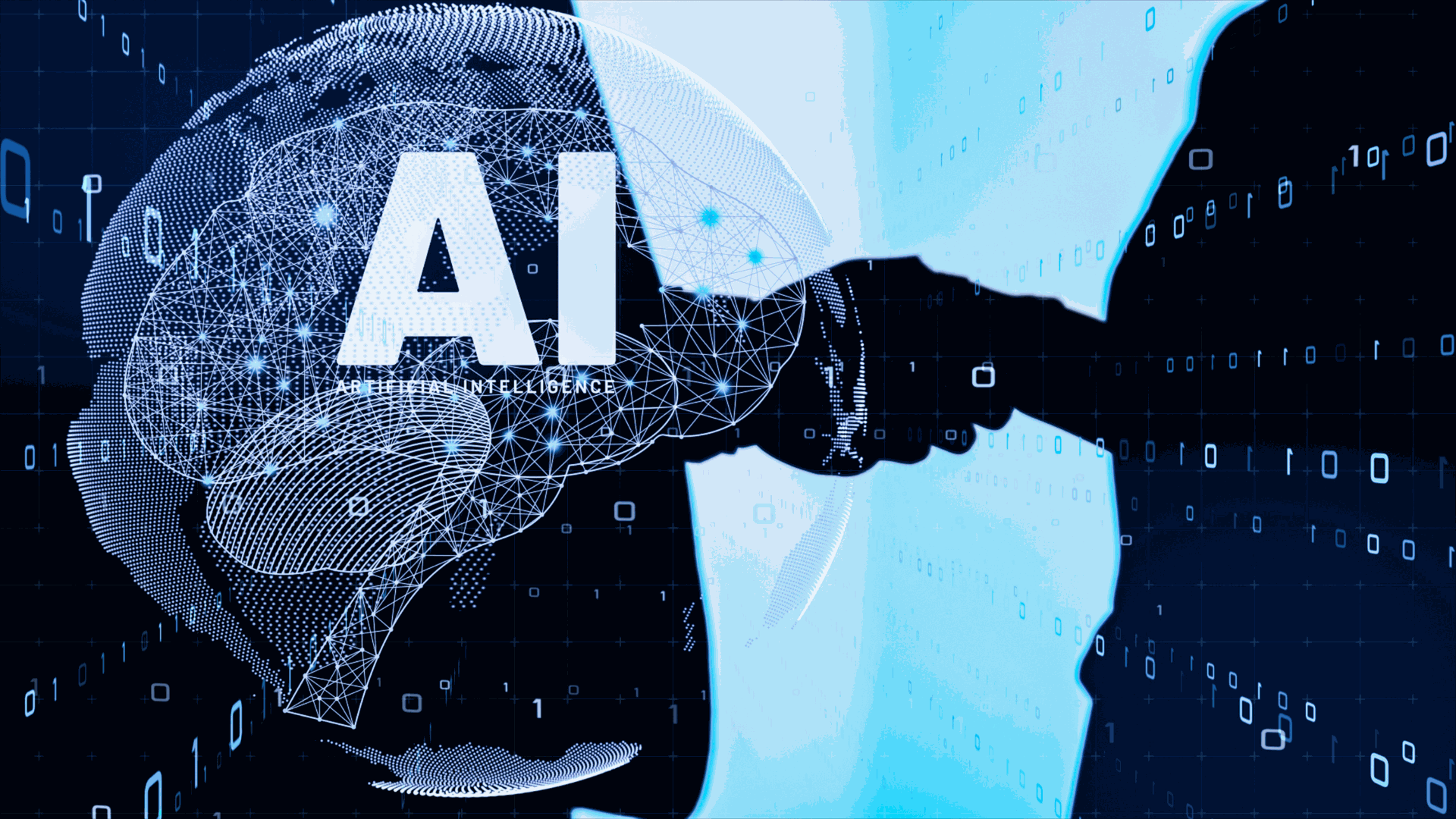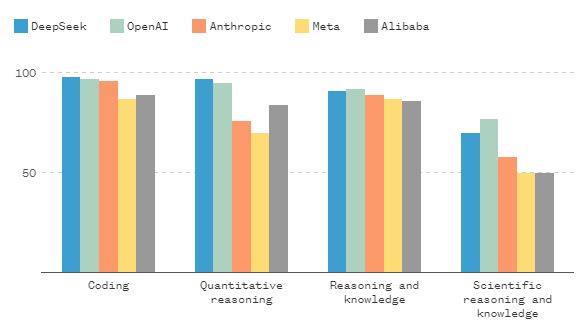The AI landscape has been dramatically shaken by the arrival of DeepSeek, a Chinese chatbot that's not just making waves, it's causing a potential paradigm shift. This isn't just another AI story; it's a complex intersection of technology, geopolitics, and open-source philosophy that demands a closer look. Forget the hype – let's dive into what DeepSeek's emergence really means for consumers, developers, and the future of AI.

DeepSeek's sudden prominence, reaching the top of app store charts and causing ripples in the stock market (Nvidia's share price took a hit), isn't just about another chatbot. It's about a fundamental challenge to the established order of the AI industry. DeepSeek offers performance comparable to, and in some cases exceeding, leading models like OpenAI's GPT-4, but with a crucial difference: it's free. This has forced the hand of US-based competitors, pushing them to offer their own top-tier models for free as well.
The deep seek AI from a Chinese company should be a wakeup call for our industries that we need to be laser focused on competing to win
One of the most significant aspects of DeepSeek is its open-source nature. While the DeepSeek app and web interface raise valid data privacy concerns due to their terms of service and data storage in China, the model itself can be downloaded and run locally. This bypasses the privacy issues associated with using the company's hosted services. This open-source approach contrasts sharply with the closed-source model of many US AI companies, fostering community contribution, rapid iteration, and potentially faster overall progress.

DeepSeek's developers reportedly trained the model for a fraction of the cost of similar US models, around $6 million. This raises serious questions about efficiency and resource allocation in the AI industry. How did a relatively small Chinese startup achieve such impressive results with so little investment? It suggests that US companies, with their vast resources and funding, may have become complacent, focusing on scale rather than optimization. DeepSeek's success is a testament to the power of innovation and ingenuity, even in the face of limited resources.
Beyond cost-effectiveness, DeepSeek's quality is undeniable. It rivals and sometimes surpasses the performance of paid models, demonstrating sophisticated reasoning chains and delivering impressive results across various tasks. Its transparent "thinking process," revealing the AI's step-by-step reasoning, is a feature that many users find incredibly valuable, offering insights into how the AI arrives at its conclusions.
So, what are the key takeaways for consumers? First, DeepSeek offers access to high-quality AI capabilities without the hefty price tag. Second, the open-source nature of the model empowers users and developers alike, fostering a more collaborative and democratic AI ecosystem. Third, while the DeepSeek app itself presents privacy concerns, the ability to run the model locally offers a viable alternative for those prioritizing data security.
But the DeepSeek story is just one piece of the puzzle. The real revolution may lie in the emergence of AI agents capable of automating complex tasks. OpenAI's Operator is a prime example. These agents can perform multi-step processes, such as researching information across multiple websites, summarizing it, and creating presentations – all autonomously. This represents a fundamental shift in how we interact with technology. It's not just about saving time; it's about augmenting our own capabilities and effectively extending the hours in our day.

Imagine having an AI assistant that can proactively handle tasks, freeing up your time and energy for more important things. This is the promise of AI agents, and it's a promise that's rapidly becoming a reality. While still in its early stages, this new category of AI is poised to be the next big thing, and those who learn to harness its power will gain a significant advantage.
DeepSeek's arrival is a watershed moment. It has democratized access to powerful AI technology, challenged the established players, and ignited a new wave of innovation. But more than just a ChatGPT alternative, it's a signal of a larger transformation in the AI landscape, one that's moving towards more open, accessible, and ultimately, more empowering technologies. The real game-changer isn't just having access to a free chatbot; it's about unlocking the potential of AI agents to multiply our own productivity and reshape the way we work and live.
This is the DeepSeek moment – a moment that's not just about a single chatbot, but about a fundamental shift in the power dynamics of the AI world. Try is out here.
